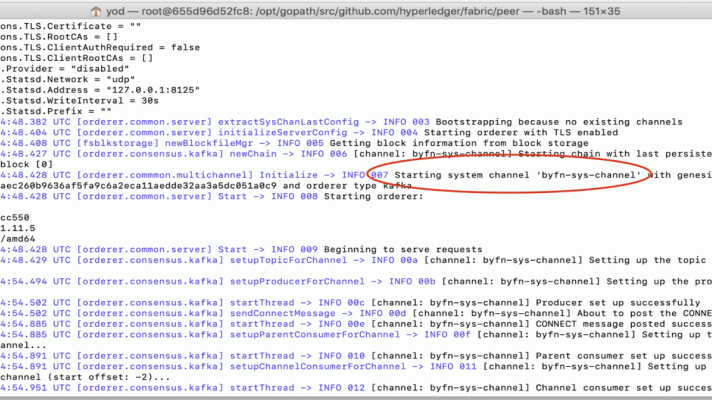A Panel: Blockchain May Change the Way Financial Orgs Operate

A recent Hyperledger meetup in Zurich included a panel discussing the current state of blockchain in the finance industry. The speakers consisted of UBS’s Peter Ivankay, Capco’s Nourdine Abderrahmane, and Credit Suisse’s Martin Ploom.
Three blockchain perspectives
During the event, Peter mentioned three points of views for assessing whether a particular problem warranted a blockchain solution.
- Business view. Do we act as intermediaries? Is there more than one party?
- Technical view. Does the throughput need to be big? Do we need low latency?
- Regulatory view. Does the regulator have to be able to look at the transactions? Does it have to be immutable?
However, Peter is concerned that some people “try to find use cases for the blockchain technology and not the other way around.”
Nourdine emphasized the required key features that would make blockchain a suitable solution:
- Immutability
- Lack of trust
- Decentralized and distributed database approach
If your business has any pain points where these key features of blockchain can help to solve the issue, then it’s “worth exploring.” If not, then you’re “better off taking a different solution,” said Nourdine.
A change in the business models
Nourdine noted that blockchain is already affecting markets, where there is a high level of intermediation, such as stock exchanges. They fear being left out because of a dated business model.
“You don’t use a central clearing system and pay fees for that, because you like it so much and it provides the best service but because there is no alternative,” he said. “Whenever you find alternative ways to settle your payments, you will look into this.”
Peter mentioned that in wealth management, clients are charged based on the number of assets they have under management. In a blockchain system, that’s not going to work, since it implies a very different business model.
“It opens the opportunity where we can charge based on the advice that we give or the research that we do.” —Peter Ivankay, UBS
So, adopting blockchain may also mean a change in the way a financial institution operates, how it is charged, etc. Obviously, this may lead to some fears and resistance.
How to calculate savings?
Peter joked about people’s fear around blockchain and it’s either seen as a disruptive force or an opportunity to prepare for.
“You just say blockchain and you get money thrown at you.” —Peter Ivankay, UBS
With everything we currently know about blockchain—its potential to reduce monopolies, streamline international trade, and make a difference in any business network—is having a blockchain always better and cheaper?
Right now, it’s difficult to put an exact quantitative cost reduction with blockchain implementation, but there are already instances where we can see qualitative cost reduction. Blockchain is about streamlining and in finance where T+3 and T+2 is the norm, being able to shrink processing time to minutes brings a lot of value in terms of savings in manpower, time, and risks.
“You need to know the business case in order to identify the money you can save. The qualitative potential of cost saving is huge, quantitative I couldn’t say.” —Nourdine Abderrahmane, Capco
In trade finance, there are cases wherein reconciliation between parties take multiple days. Blockchain’s consensus and immutability address this problem.
“Most of the time is being spent just with reconciling with other parties on what is the truth.”
—Nourdine Abderrahmane, Capco
If we use these examples, it’s all about looking at the business model, finding the processes that are streamlined, then deriving the formula for cost saved. Nevertheless, in reality, it’s far more complicated, of course.
Want details? Watch the video!
Table of contents
|
Related discussion
There was another panel in the meetup, which included IBM’s Elli Androulaki and Angelo De Caro and ETH Zurich’s Stefan Klauser. Here, they highlighted a few challenges to the development of blockchain—community, trust, regulations, and governance.
Further reading
- A Panel: Cooperation Is Key for Blockchain Development in Finance
- A Panel: How Soon Will We See Blockchain in Finance?
- Opinion: The Impact Blockchain Can Bring upon Finance and Banking and How It May Happen
- Managing Risk and Building Trust for Blockchain in Finance
About the experts













